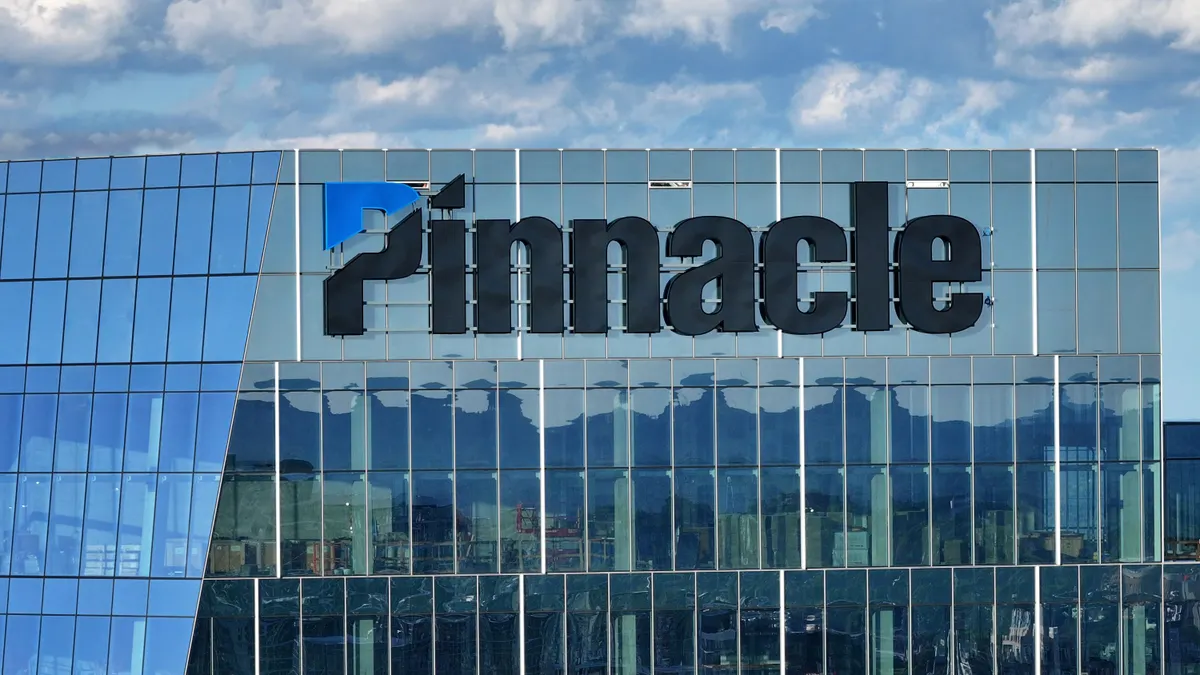The Treasury Department began taking applications Thursday for its $9 billion Emergency Capital Investment Program (ECIP). The ECIP is an initiative meant to funnel pandemic relief to nonwhite-owned businesses and low-income consumers through loans, grants and forbearance from community development financial institutions (CDFIs) and minority depository institutions (MDIs).
"America has always had financial services deserts, places where it’s very difficult for people to get their hands on capital so they can, for example, start a business. But the pandemic has made these deserts even more inhospitable," Treasury Secretary Janet Yellen said in a press release. "[The ECIP] will allow people to access capital, especially in communities of color and rural areas."
About $2 billion of the program’s funding is set aside for institutions with less than $500 million in assets, and another $2 billion is earmarked for CDFIs or MDIs with less than $2 billion.
The $9 billion program, funded with money approved in the $900 billion stimulus package former President Donald Trump signed in December, comes on top of $3 billion the Treasury Department has already set aside for CDFI and MDI support — $1.25 billion in a CDFI rapid response program that launched last month, and $1.75 billion to expand lending, grant making, or investment activity in low- to moderate-income communities of color. The latter is set to debut this summer.
The coronavirus pandemic has had a disparate impact on businesses along racial lines. Data from a Federal Reserve Bank of New York study published in August showed a 41% drop in active Black-owned small businesses between February and April, compared with a 22% decline overall. Meanwhile, the number of active Latin business owners fell 32%, while Asian business owners declined 26% and white business owners dropped 17%.
A May survey conducted on behalf of the equal rights organizations of Color of Change and UnidosUS highlighted the historically weak relationships banks have with nonwhite entrepreneurs. About 12% of Black and Latino business owners who applied for PPP loans in the pandemic’s first two months reported receiving what they asked for, the survey found. Further, 26% said they received a fraction of what they had requested.
"The Emergency Capital Investment Program will help these places that the financial sector hasn’t typically served well," Yellen said Thursday.












